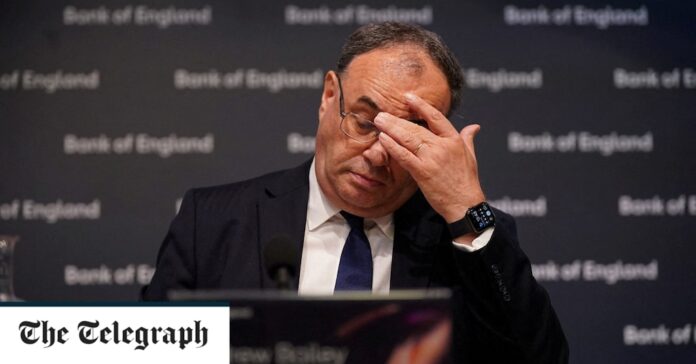Read this exclusive extract from our Economic Intelligence newsletter and sign up at the bottom of the article to get it every Tuesday
I don’t want to enter the realm of conspiracy theory, so I’ll start by disowning it. The Bank of England did not, as suggested by some, bring down the Truss government and her unfunded tax cuts, either deliberately or by accident via ineptly managed messaging. Liz Truss only has herself to blame for what happened. She took a major risk with the public finances, and it didn’t pay off.
Yet as they begin the painful process of shrinking their balance sheets after more than a decade of on-off money printing (quantitative easing), central banks do indeed have quite a lot to answer for when it comes to the outbreak of instability we are witnessing in financial markets. They helped create current vulnerabilities. Truss’s mistake was to assume they’d always be there to print the money. It has been a rude awakening.
All of a sudden, once-abundant liquidity is draining from the system; at the heart of this process is determination to reverse the excesses of QE. Both the scale and duration of past QE – particularly that associated with the pandemic – has made the financial system far more vulnerable to destabilising forces than it was, making it much harder to unwind QE without mishap.
The Bank of England is this week expected to raise the Bank Rate by 0.75 percentage points to 3pc, the highest it has been since the onset of the financial crisis in November 2008.


